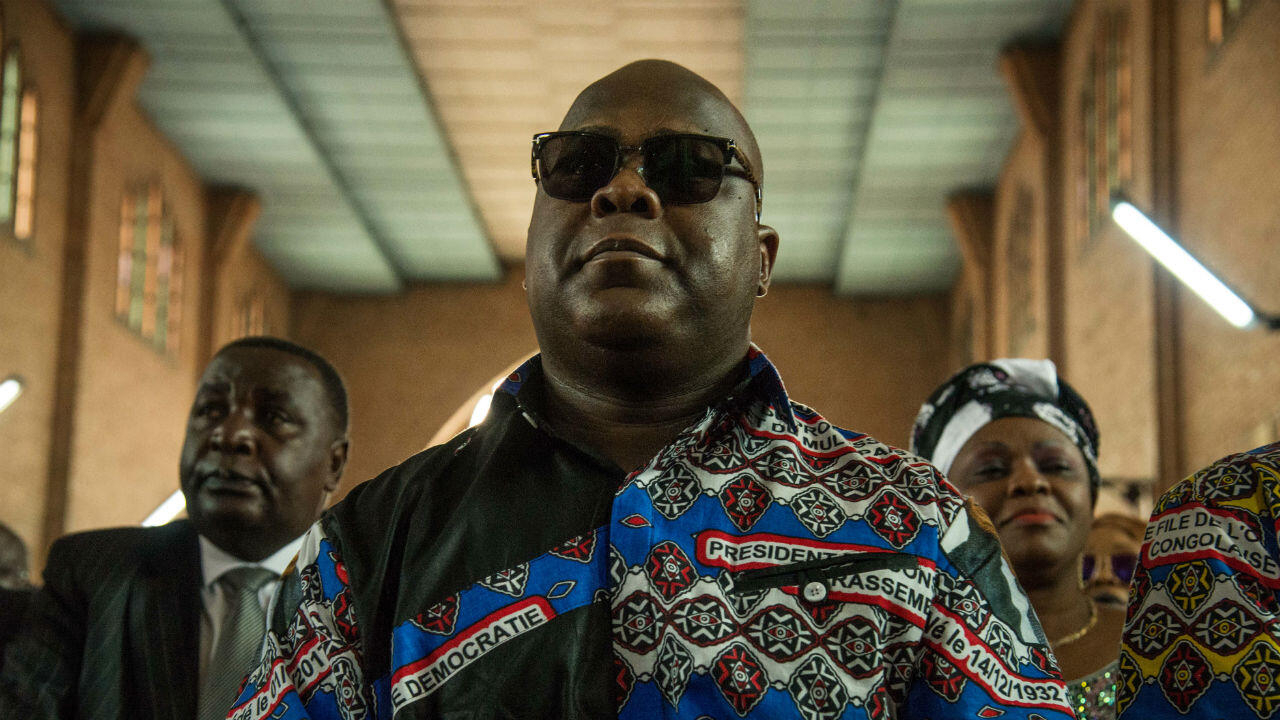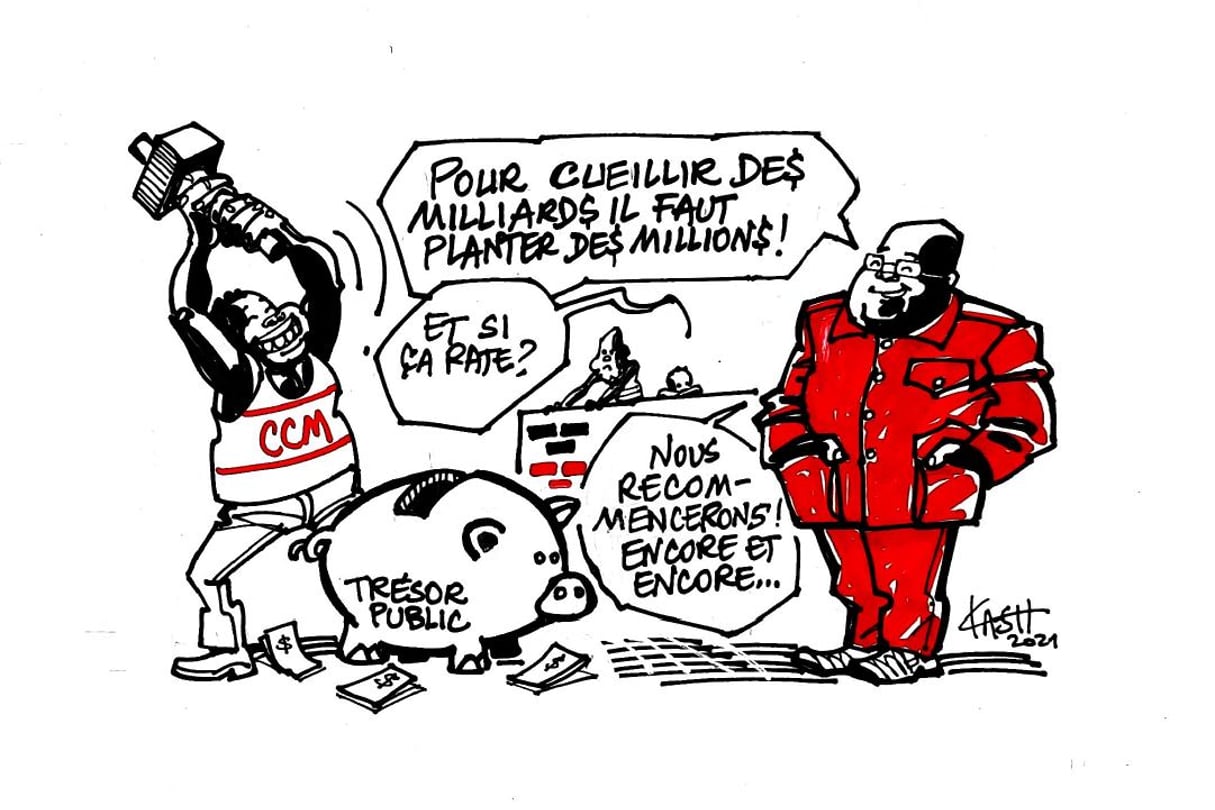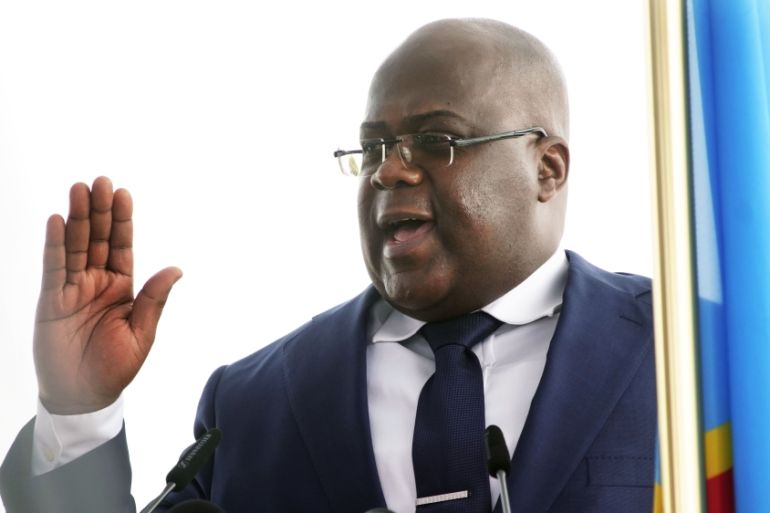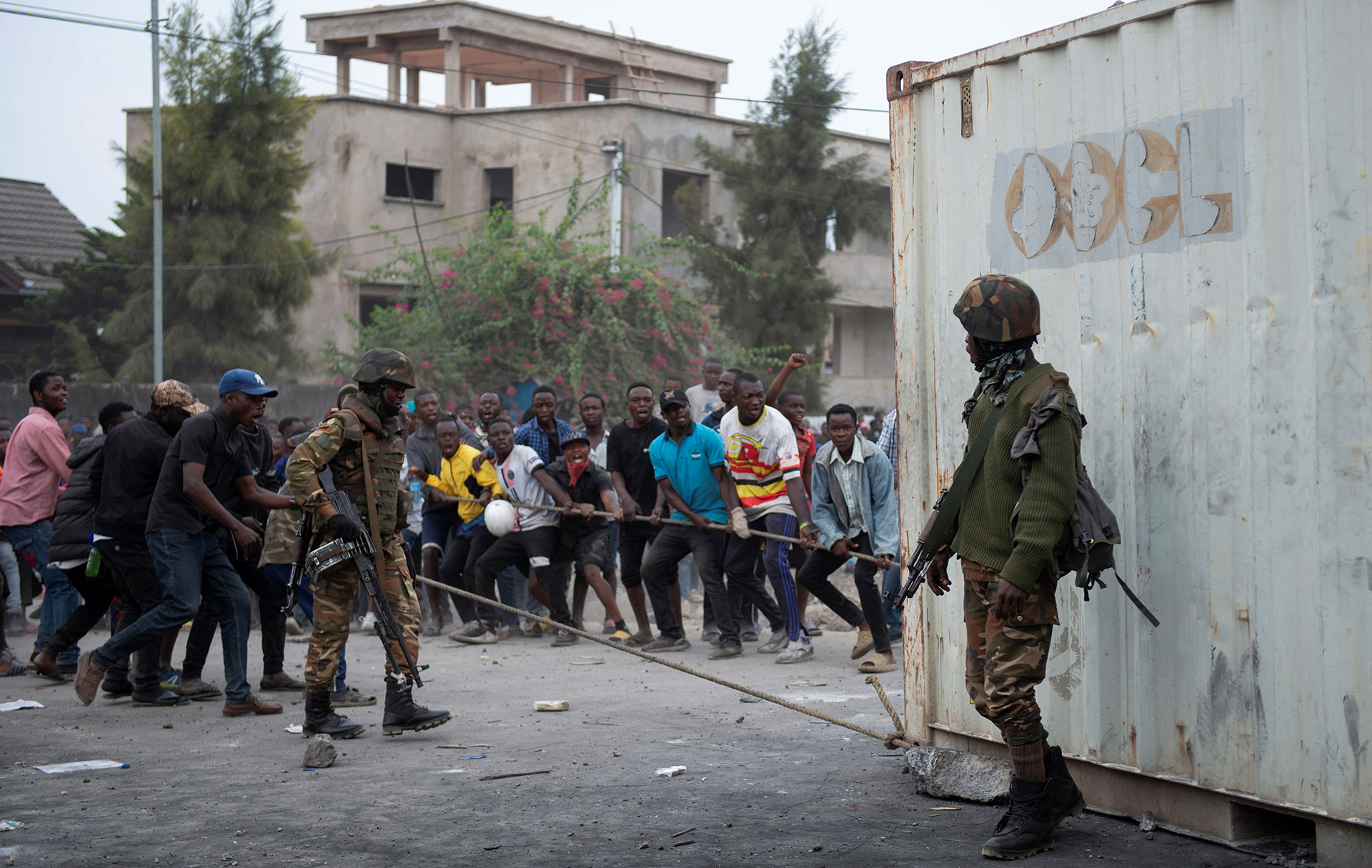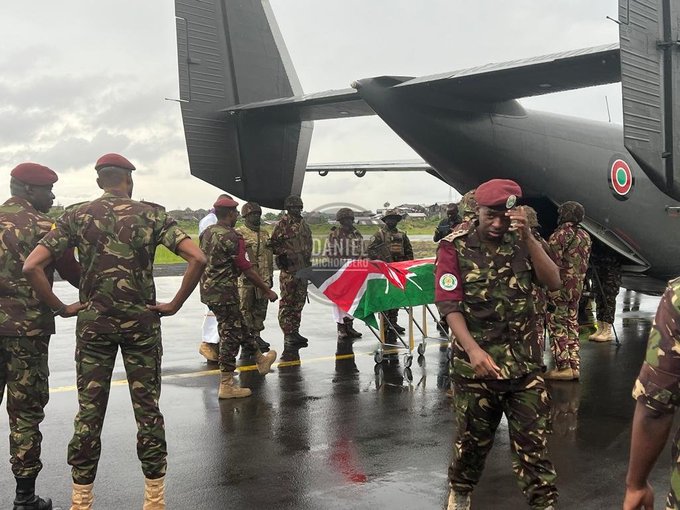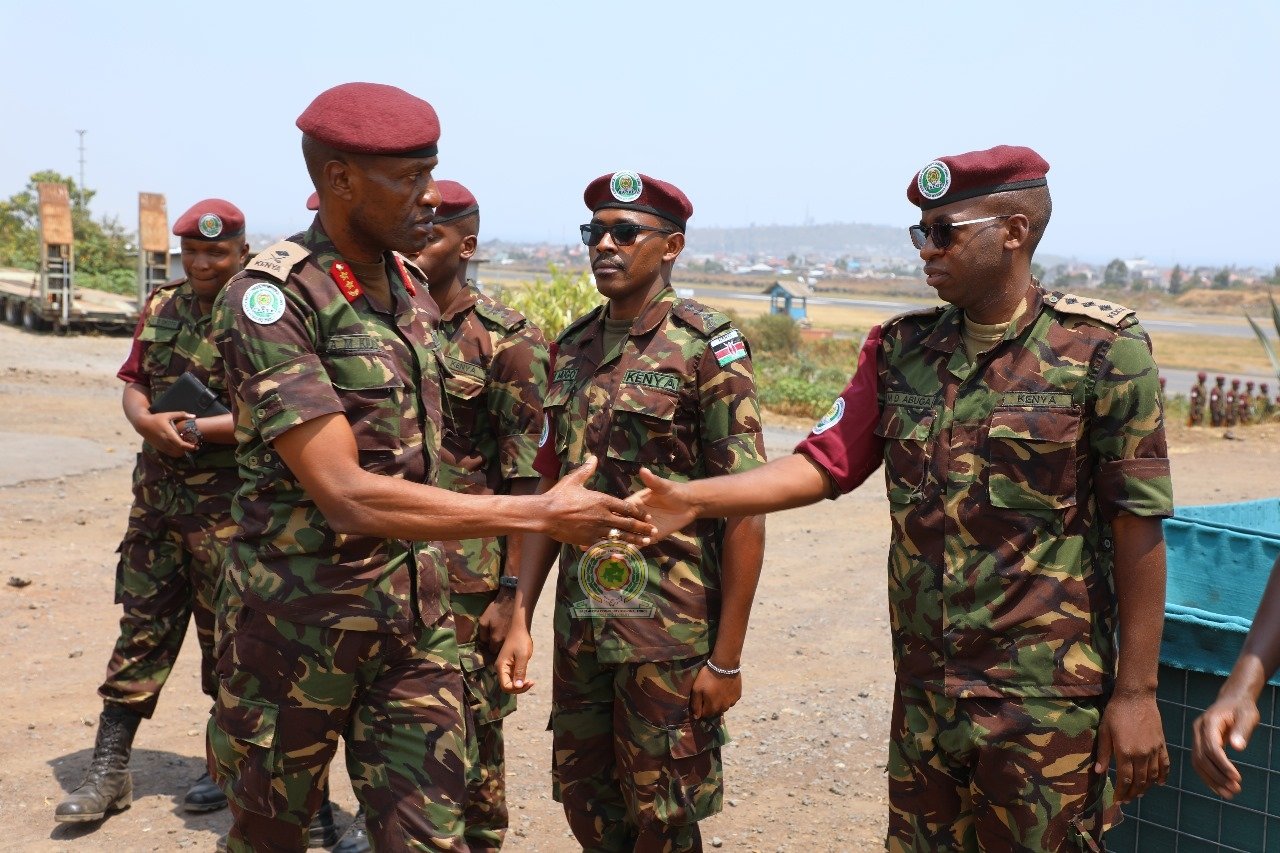Regional
Tshisekedi’s betrayal of the East African Community
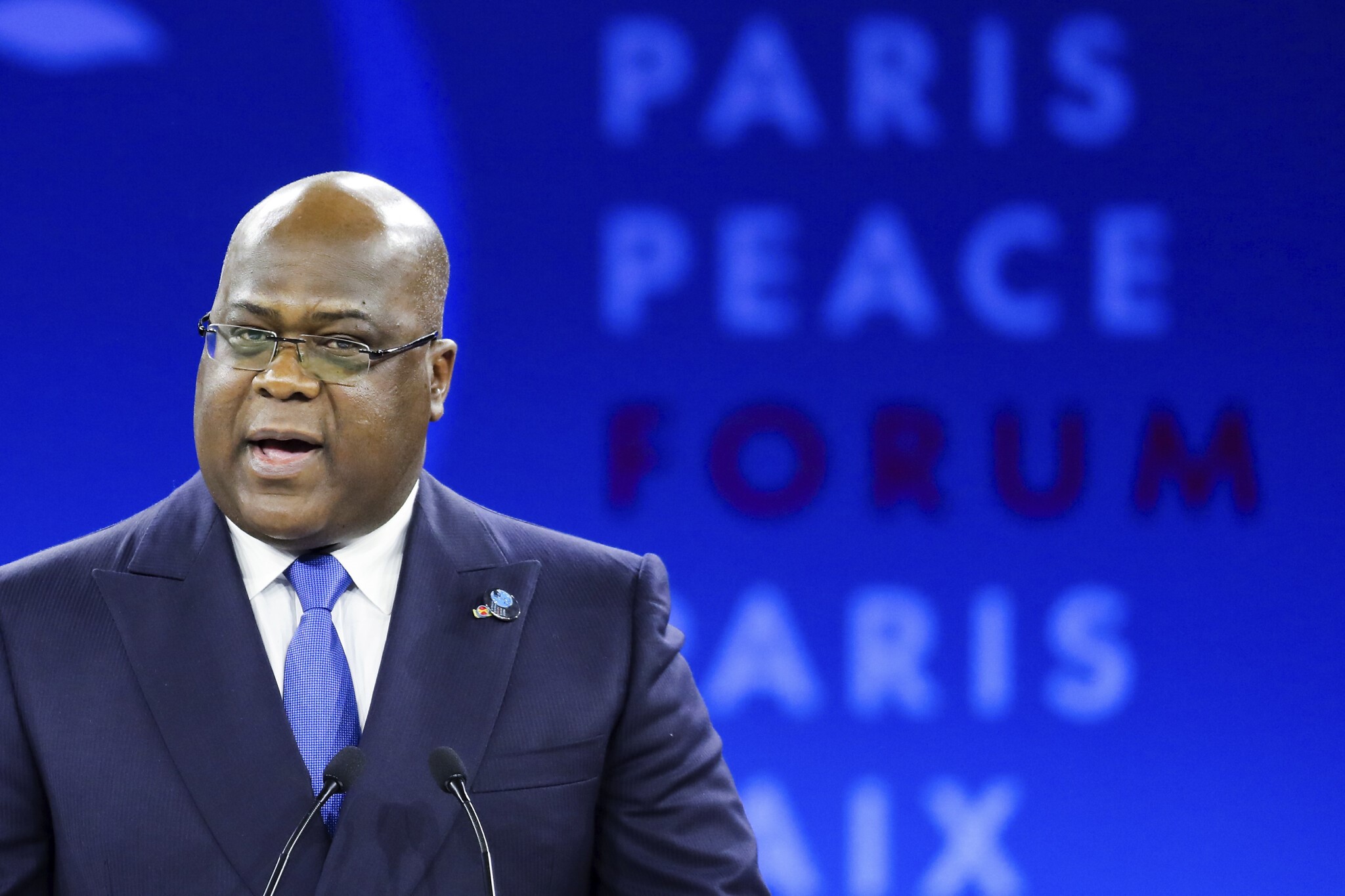
Ever since
the Democratic Republic of Congo (DRC) joined the East African Community (EAC),
in April
2022, its contribution to the advancement
of the region has been more on the negative side.
The
Congolese government has shown that it lacks the spirit of cooperation needed to take the bloc’s integration
agenda to the next level.
The EAC partner states are expected to work together with the
objective of deepening economic, social and political cooperation.
The east of DRC has, for decades, become a safe haven for
armed terror groups like FDLR, FLN, ADF and Red-Tabara, which have destabilized
neighboring countries, especially Rwanda, Uganda and Burundi.
The biggest worry and betrayal of the EAC spirit of good
neighborliness is the fact that Congolese President Felix Tshisekedi has openly
supported some of these armed terror groups by incorporating them in the ranks
and file of the Congolese national army, FARDC.
When
DRC joined the EAC, it was bogged with decades’ long conflict in the east. The regional
member states showed commitment and political will to help a new member
overcome the conflict that has killed many and displaced about six million
people, while more than one million are scattered in neighboring countries as
refugees.
Tshisekedi tactfully skipped the 23rd Ordinary
Summit of the EAC Heads of State, which saw Burundian president Evariste
Ndayshimiye handing over chairmanship to President Salva Kiir Mayardit of South Sudan.
Tshisekedi’s
absence was interpreted as a political stint to hide from peers who have
supported him to stabilize his country yet he rejected the support of the East
Africa Standby Force (EACRF), which is credited for bringing relative calm in
east of the country.
The EAC Heads of State during their
22nd Ordinary Meeting held on July 22, 2022 in Arusha,
Tanzania, directed to expeditiously deploy a joint regional force - East
African Regional Force (EACRF) - to eastern DRC to restore peace and
security.
The troop-contributing countries:
Burundi, Kenya, South Sudan and Uganda, committed their own resources, human
and financial, to help DRC.
The regional bloc is proud of the
work accomplished by EACRF towards the restoration of peace and security in eastern
DRC. However, the Congolese leader stands alone in blaming the regional force for
not being able to fulfill its mandate.
Tshisekedi does not show any
appreciation and respect to the EAC member countries that sacrificed their
soldiers and financial resources. For the EACRF servicemen who lost their lives,
or were injured on duty, there is nothing that Tshisekedi gave as compensation,
not even a mere vote of thanks.
Although
the region and the world know very well that the security situation in eastern
DRC is still volatile and the invaluable service of EACRF to restore peace and
stability is still needed, Tshisekedi has declared that he does not want to see
the force in DRC beyond December 8.
This
is a clear betrayal and lack of appreciation of the support of EAC partner
states that generously contributed to bring an end to the war in eastern DRC.
The refusal
by the regional force to be used to fight against M23, which is against their mandate,
was the point of contention that created tension between Tshisekedi and the EAC
force.
The
fact that Tshisekedi has resorted to inviting SADC forces to replace EACRF,
first of all, is evidence that he does not trust EAC. His trust is more in SADC.
Sadly,
Tshisekedi expects SADC forces to help him fight and defeat M23. This would be history repeating itself with
predictable results. The problem between DRC and M23 is a political issue that
cannot be solved by military means.
If
SADC is going to take sides in the conflict while EACRF acted neutral, then the
southern bloc will only be helping Tshisekedi to dig his own grave and to
escalate a conflict that is preventable.
Ugandan
President Yoweri Museveni has, on different occasions, advised Tshisekedi to
hold discussions with the M23 rebels as the only way to end the conflict.
In
June 2023, during a meeting with the parliamentarian committee from the DRC’s
Ituri Province, Museveni urged Tshisekedi to “engage in peace talks with the
M23 rebels” noting that “inclusivity is crucial for achieving lasting peace in
the DRC”.
On
July 24, again, Museveni said that the M23 problem is a political problem that
can be solved by discussion because the rebels are not asking for big demands
to end the conflict.
“I
don’t think they [M23] are asking for big things. Sharing power or what, no.
Their demands are simply ‘to go back to their homes which they run away from
and to be integrated into the army’. How can this be a problem?”
“So,
we are encouraging Tshisekedi to agree with them and if they do not want to
discuss, then we can treat them as a negative force and act against them,”
Museveni added.
All
this free advice has fallen on deaf ears.
The
refusal of the EAC support to return peace and stability in eastern DRC shows
that Tshisekedi has no trust for the regional community he willingly joined.
Additionally,
the Congolese President has unfortunately failed to honor the important peace
agreements, namely: the Nairobi and Luanda peace initiatives.
This
could be evidence that in fact, Tshisekedi does not want peace to return to eastern
DRC as it serves his personal political interests.
Intriguingly,
Tshisekedi betrays the EAC spirit of cooperation in pursuing regional peace and
stability, but prefers to use his country as a safe haven for terror groups.



